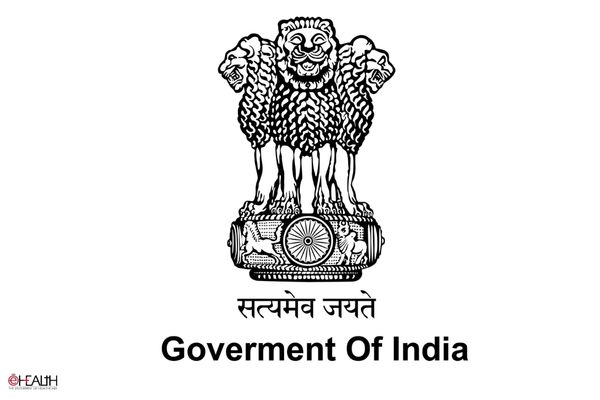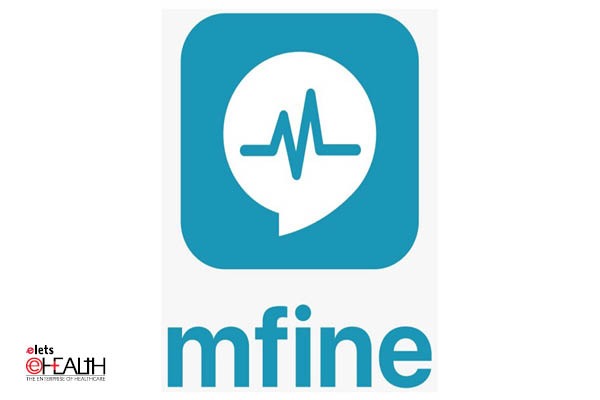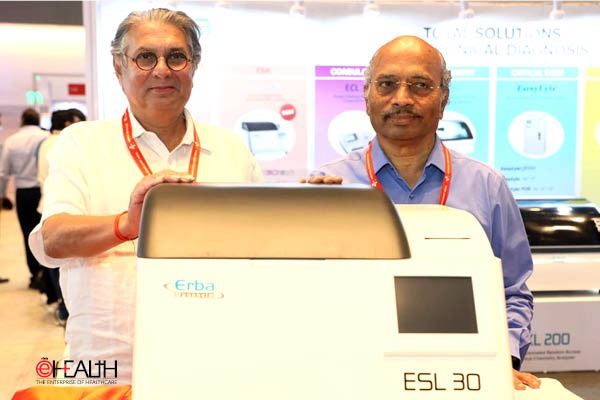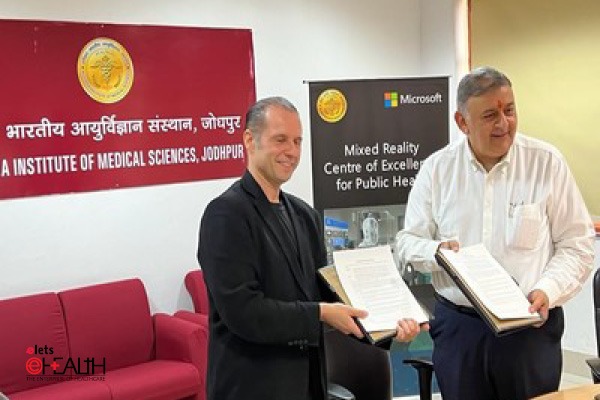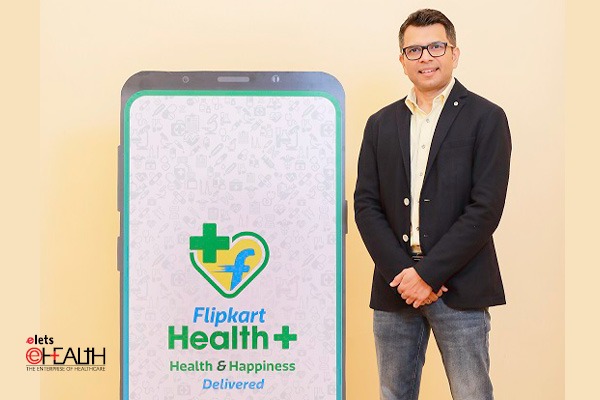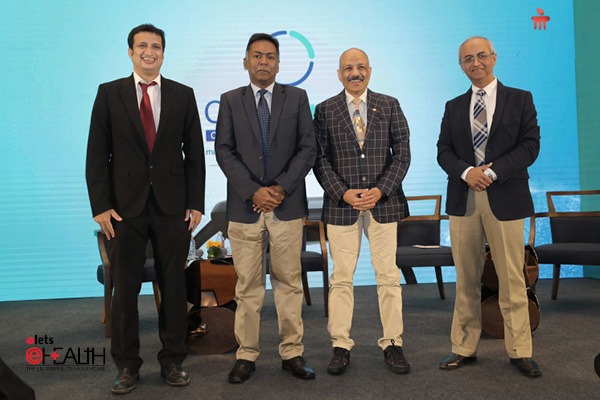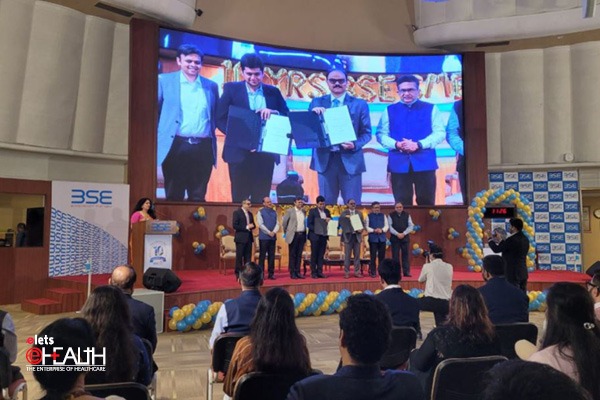
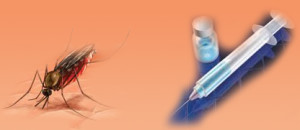
The world’s most advanced potential malaria vaccine, which looked effective enough to hit the market by 2015, has failed to live up to its promise. The vaccine that has raised hopes of becoming a potent new tool in the battle against malaria seems to stop working in children after four years, according to research published Wednesday.

The vaccine candidate — known as RTS,S — is not yet on the market, but ongoing trials in seven African countries generated hope that it might help slow new malaria cases as drug resistance to the deadly parasite grows.
The latest data comes from a phase II follow-up study on 320 children in Kenya which found that in the first year after vaccination, protection against malaria was 43.6 percent, but that dropped to zero by the fourth year.
It also found that the more often a child was exposed to malaria, the less effective the vaccine appeared to be. The vaccine’s efficacy was 45.1 percent in children with below-average exposure to malaria, but just 15.9 percent in children with above-average exposure, said the study, published in the New England Journal of Medicine.

“Despite the falling efficacy over time, there is still a clear benefit to the vaccine candidate,” said senior author Phillip Bejon.
“We now need to look at whether offering a vaccine booster can sustain efficacy for longer,” added Bejon, a fellow at the KEMRI-Wellcome Trust Research Programme and the Centre for Tropical Medicine, University of Oxford.
Early results from larger, ongoing phase III trials have shown the vaccine cut malaria cases in half during the first year of follow-up in young children, and by about a third in babies.
Mary Anne Rhyne, a US spokeswoman from GlaxoSmithKline, the pharmaceutical company that makes the vaccine, said the Kenya study is “small” and uses data from just one of many trial sites, while larger studies are still under way.
“The Phase III pivotal study, involving 15,460 children, is ongoing and should provide meaningful insights into the vaccine candidate’s efficacy in different malaria parasite transmission settings, longer-term efficacy (2.5 years after primary vaccination) and the impact of a booster dose,” she told AFP in an email.
“These analyses are expected to be publicly available by the end of 2014.”
In the meantime, she said, the vaccine is “still under development and subject to the uation of its benefits and risks by the regulatory authorities before being made available.”
In November 2012, results from phase III tests on 6,500 infants showed that the RTS,S vaccine only protected about a third of very young babies, compared to success rates of between 47 percent and 55 percent in children between the ages of five and 17 months.
At the time, GSK’s chief utive officer Andrew Witty described those results as “a little frustrating.”
The RTS,S vaccine candidate trial is the largest of its kind, and is being conducted at 11 sites across seven African countries. There are several other projects under way with vaccine candidates in clinical trials worldwide.
Separately on Wednesday, a group of international researchers announced progress in studies on mice that could lead to a new malaria vaccine candidate for humans, one that appears not to create drug resistance in the parasites.
“This is one of the first drugs ever to kill the malaria parasite in all three stages of its life cycle,” said Dennis Kyle of the University of San Francisco College of Public Health’s Global Infectious Diseases Research team.
The drug, called ELQ-300, is being prepared for clinical trials, according to the research published in the journal Science Translational Medicine.
Be a part of Elets Collaborative Initiatives. Join Us for Upcoming Events and explore business opportunities. Like us on Facebook , connect with us on LinkedIn and follow us on Twitter , Instagram.



